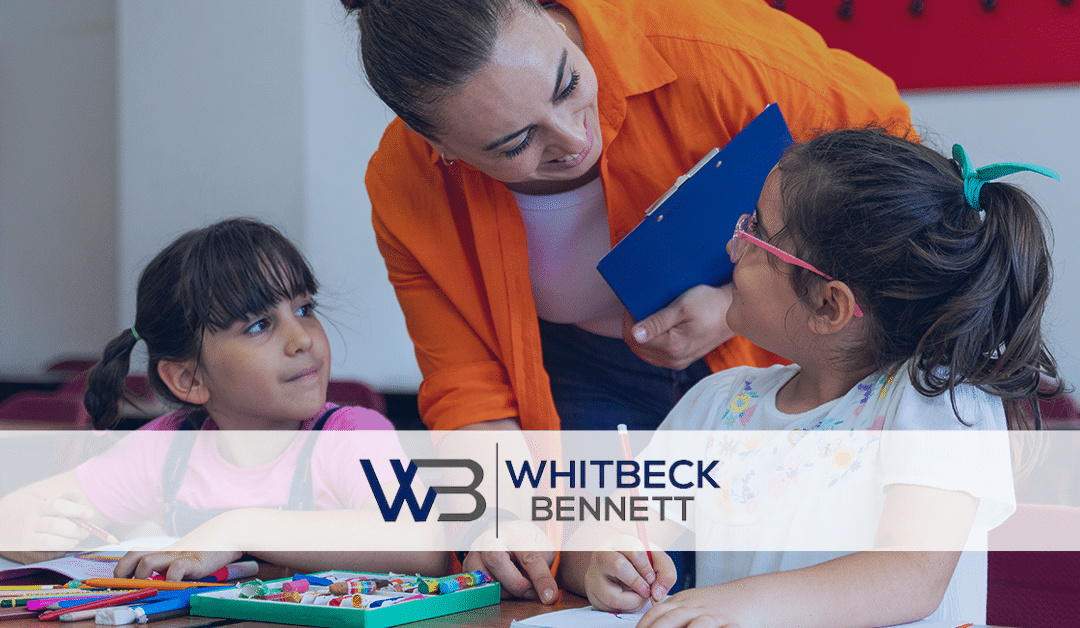In the realm of education, every student deserves an equal opportunity to thrive and succeed. However, recognizing and addressing the unique needs of some students is crucial to fostering an inclusive learning environment. One powerful tool in achieving this is the Individualized Education Program (IEP). Let’s delve into the significance of understanding who qualifies for an IEP in school and how it plays a pivotal role in shaping the educational journey of countless students and their families.
An IEP is a tailored plan designed to meet the specific needs of students with disabilities. The IEP is not a one-size-fits-all approach; instead, it is a personalized roadmap that outlines the educational goals, services, and accommodations needed to ensure a student’s academic success. According to the Individuals with Disabilities Education Act (IDEA), students must meet certain criteria to be eligible for an IEP. These criteria typically include having a recognized disability that adversely affects their educational performance. Disabilities may include learning disabilities, speech or language impairments, emotional disturbances, and more. IEPs are not dictated by grades, though grades can be a helpful benchmark in deciding whether a student should be evaluated for an IEP.
Early identification of students who qualify for an IEP is crucial for providing timely and targeted interventions. By recognizing and addressing learning challenges early on, educators and support staff can implement strategies to help students overcome obstacles, preventing potential long-term academic and social setbacks.
IEPs can include and incorporate things such as specialized instructions, assistive technology, adapted curriculums, and extended testing times. The IEP empowers educators to implement strategies that help a student’s academic progress and personal growth. It’s important to be aware of these tools that are available to students and their families as families are often the first proponents for their student’s individual needs. We regularly attend IEP meetings with our clients to aid in advocating for the special needs of their students. It is a privilege to help guide families through the process of requesting and implementing IEPs to ensure that all students are afforded the opportunity to learn and succeed academically.
If your child’s Oklahoma public school isn’t following their Individualized Education Program (IEP), you can file a complaint with the Oklahoma State Department of Education (OSDE). Provide specific details and documentation to support your complaint. The OSDE will investigate and may resolve the issue through informal mediation or formal procedures. In more serious cases, disputes may escalate to a due process hearing, where an impartial officer makes a decision. While due process is an option, it’s best to try resolving issues amicably whenever possible. Ensure your child’s rights are protected throughout the process.
Don’t let your child’s educational needs go unmet. If you believe your child may benefit from an Individualized Education Program (IEP) or need assistance navigating the process, reach out to us today. Our experienced team is here to advocate for your child’s rights and ensure they receive the support they deserve. Contact us now for more information on how to request accommodation or evaluation. Together, we can ensure that every student has the opportunity to thrive in their educational journey.

By Kimberly Rennie
Partner
Kimberly Rennie is a Partner with Whitbeck Bennett. Prior to joining the firm, she worked as a solo practitioner in Oklahoma County serving people and families across the great state of Oklahoma for over 10 years.
